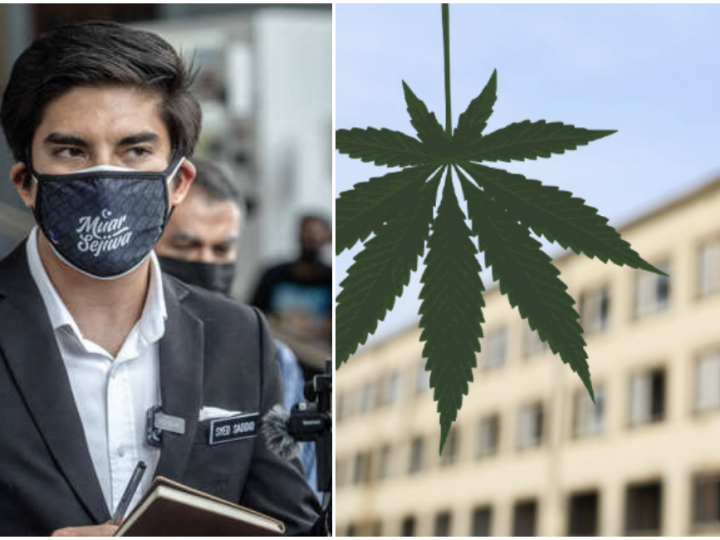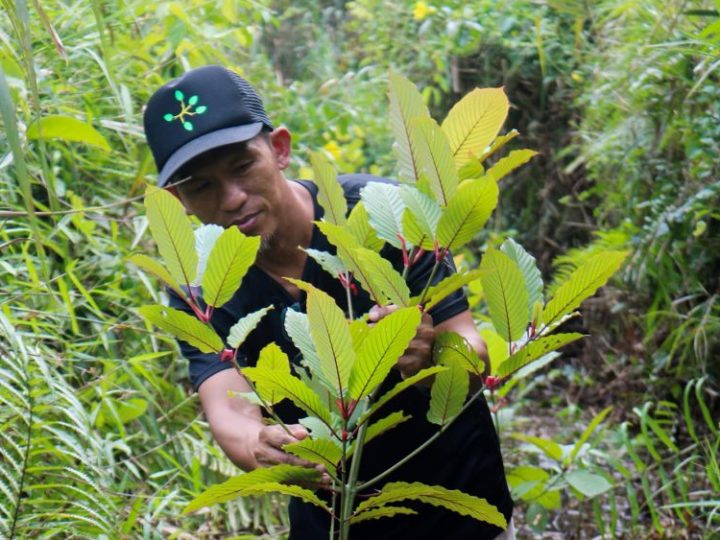Syed Saddiq Forms Nine MP Committee To Study Legalisation of Medical Marijuana & Ketum
 Thirsty for JUICE content? Quench your cravings on our Instagram, TikTok and WhatsApp
Thirsty for JUICE content? Quench your cravings on our Instagram, TikTok and WhatsApp

Marijuana. Cannabis. Ganja. The devil’s lettuce.
The plant has many names, and a much maligned history. It was outlawed in many territories worldwide circa mid-20th century in the wake of archaic, colonialist laws which sought to exercise control over their subservient encomiendas (or subjugated populace, or even colonies).
In Malaysia, the law which governs weed is the 1952 Dangerous Drugs Act, passed as an ordinance by the British and later subsumed into law after independence.

In no uncertain terms, the legislation made the importation, exportation, manufacture, sale, and use of a litany of drugs illegal. The expressed aim, as the prevalent thought was then, was that these substances are unqualified ills that ought to be eradicated from society.
In the decades since, there has been a growing revisiting of the role drugs play in modern society.
The subsequent black market which was created by these legislations caused many vulnerable groups to get stuck in a cycle of abuse. Precisely because their afflictions are illegal, they are deprived of proper regulation and medical advice, meanwhile fearing imprisonment or police action.

Enter Syed Saddiq.
Despite being a greenhorn in the local political arena, he has increasingly found his own voice since leaving the auspices of Mahathirism and the Bersatu party.
Unburdened by the political considerations of yesteryear, he has taken public stances on a host of contentious and taboo issues, and his most recent move might prove the most consequential.
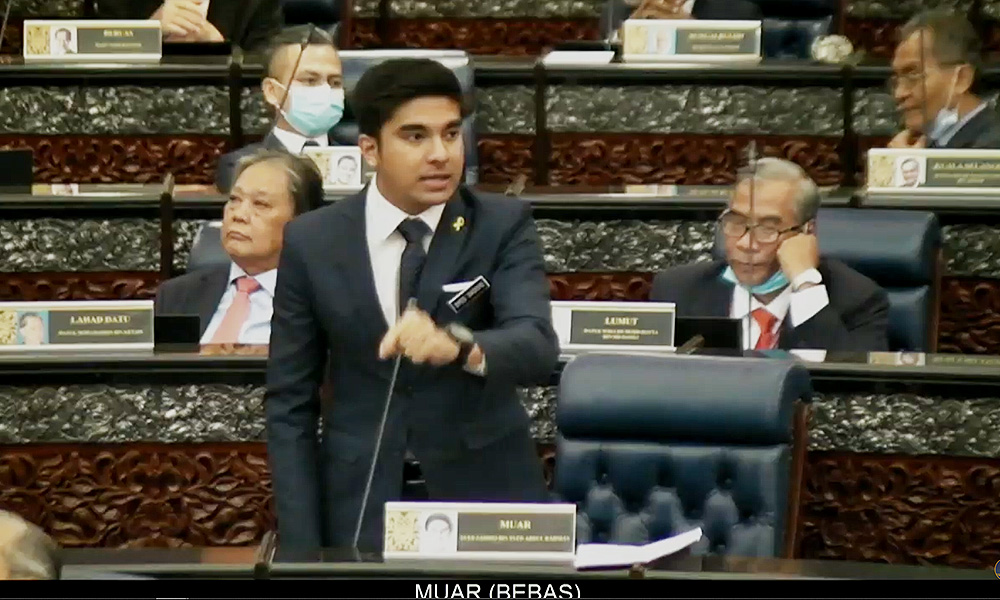
On 14 October, he announced that he is spearheading a 9-person caucus in Parliament to study the legalisation of medical marijuana and ketum. To the casual observer, the move came seemingly out of nowhere. But to those who know the issue intimately, the move was a long time coming.
“As part of our early framework, the medical cannabis caucus will meet health experts, researchers, industry players, NGOs, and the relevant ministries to obtain their views on policymaking,” they announced in a statement.
“Based on these studies, the caucus will draft a proposal for the government to ensure patients who rely on medical ketum and cannabis are looked after under the country’s health system.”
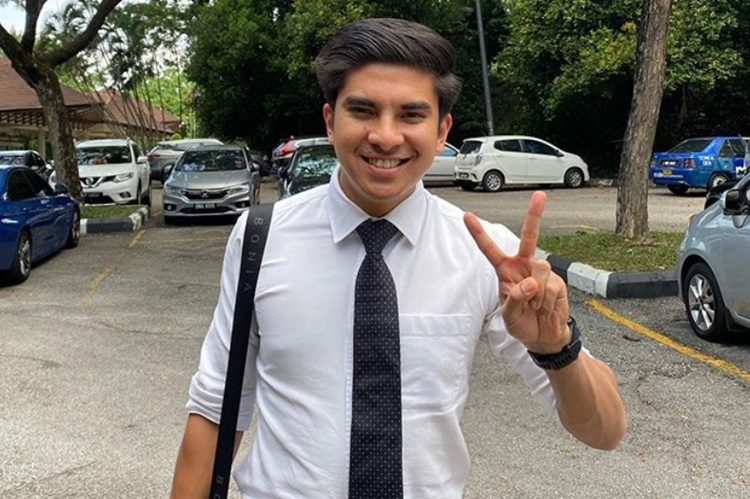
Elaborating on his motivations, Syed Saddiq said that harm reduction is preferable to the status quo.
He reportedly said that hundreds of concerned parents have relayed to him how they have to break the law to acquire cannabis just to treat their children’s epilepsy. The condition has no known medical cure, but studies have shown that oils made from cannabis extract can bring significant positive benefits.
Speaking on the issue of recreational ‘abuse’, he justified that most users are misguided and use them as a form of escapism.
“When 60% of those imprisoned for drug-related offences are young – particularly users, not pushers – they have a tough time upon release. Especially when it comes to getting a job and fitting back into society.”
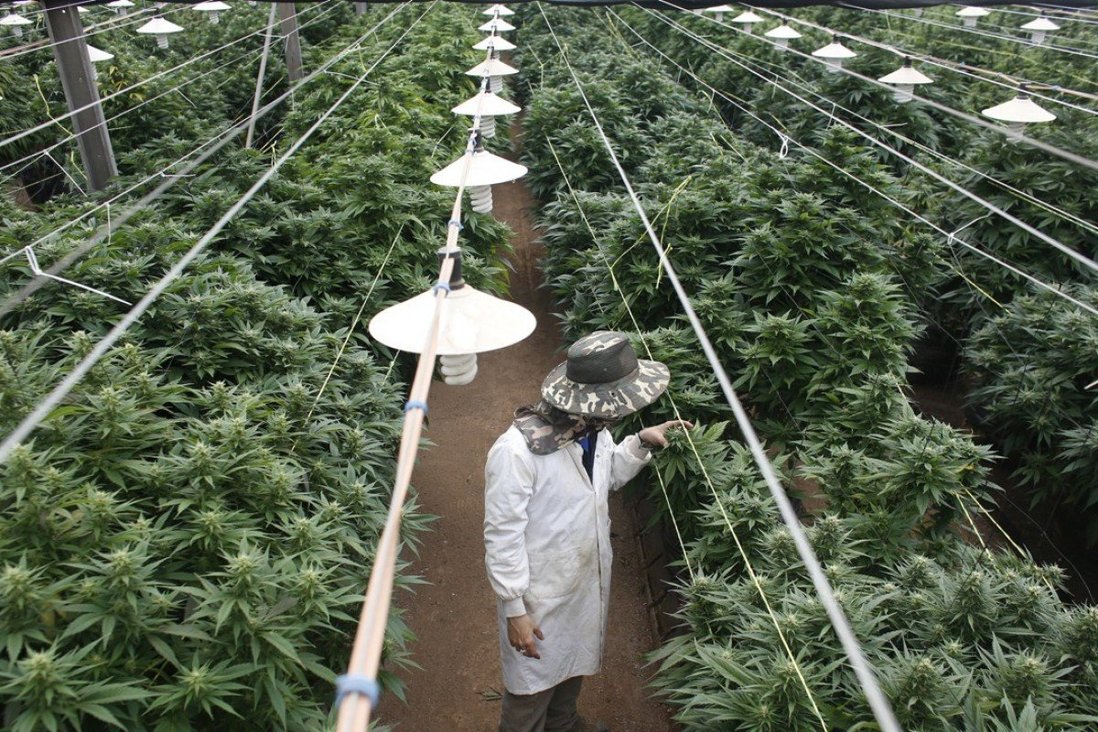
The caucus is one of the most significant strides Malaysia has made at advancing the conversation around the war on drugs. Many countries worldwide, namely Portugal, Uruguay, and even our immediate neighbour Thailand, have moved from punitive to rehabilitative approaches towards users in recent times.
“There have been many precedents set. Countries that criminalise drug addictions never U-turn, because data and science show its effectiveness,” said the former Youth minister.
Indeed, with the so-called “marijuana caucus” comprising members from across the political spectrum (from PH, UMNO, PAS, to even independents), the early signs are promising for finally achieving meaningful reform.
For those who rely on the drug to survive, the lifeline cannot come soon enough.


 Get Audio+
Get Audio+ Hot FM
Hot FM Kool 101
Kool 101 Eight FM
Eight FM Fly FM
Fly FM Molek FM
Molek FM